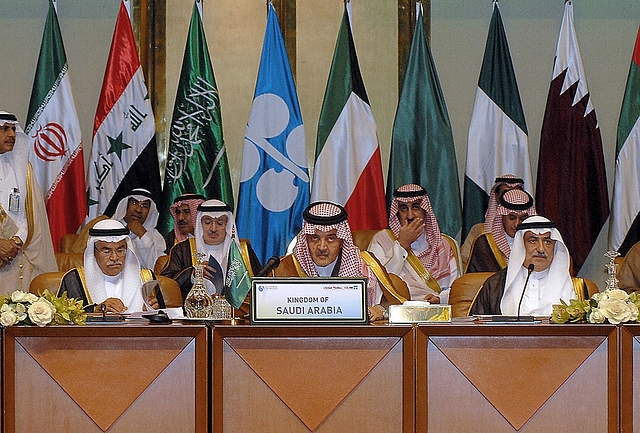
OPEC Agrees To First Output Cut In Eight Years; Oil Prices Expected To Surge In Global Markets
The Organisation Of Oil Exporting Countries (OPEC), in a first such deal since 2008, has agreed to cut the production of crude oil by around 700,000 barrels a day, after talks that were held on the sidelines of the International Energy Forum in Algiers.
With their economies completely dependent on crude oil, countries in the Middle East were suffering the most due to falling oil price. Due to surplus production of crude oil in absence of a deal, the price of oil crashed and fell below $30 per barrel at one point in time.
Oil prices settled up nearly 6 per cent to around $45 per barrel after the deal was struck. The deal will have a major reviving effect on economies which solely depend upon crude oil exports.
The effects of this deal will also be felt in India. The country saw a sharp fall in remittances sent by skilled and unskilled workers from the Gulf states. Many of these workers lost their jobs as sectors which depended upon oil exports fell short of meeting their expenses. In Saudi Arabia alone, thousands of Indian workers lost their jobs following the plunge in oil price. Stabilisation of oil prices will generate employment opportunity for people of Indian origin and benefit the country too by way of remittances.
OPEC has also expressed willingness to extend the deal to non-OPEC oil producing countries such as Russia. A production cap for every country will be discussed at the next formal meeting of the organisation.
With Inputs From IANS.